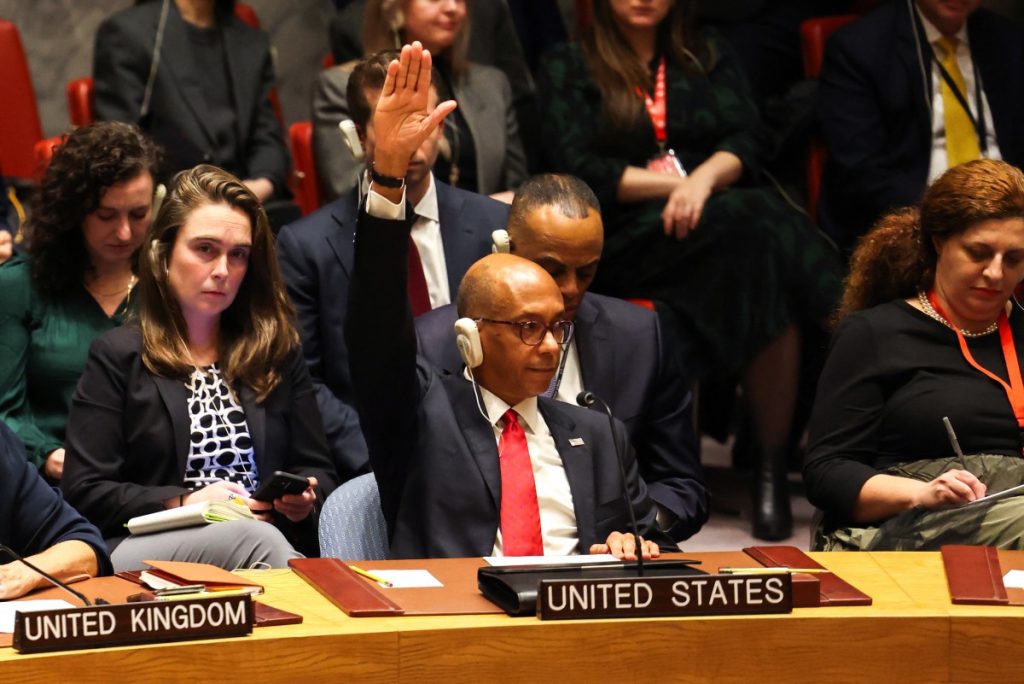France’s left-of-center parties held off a far-right advance in the country’s parliamentary elections by building a progressive platform and forming strategic alliances, their supporters say.
By Edward Carver. Published 7-8-2024 by Common Dreams

Political figures from across the world congratulated France’s left-of-center coalition following parliamentary elections on Sunday in which it gained the most seats of any group, outperforming the far-right party that many feared would take control of the National Assembly, in what The Washington Post called “one of the greatest political upsets in recent French history.”
In the second and final round of voting, the Nouveau Front Populaire (NFP) won roughly 180 out of the 577 seats in the assembly, far from a majority but more than President Emmanuel Macron’s centrist coalition, which won about 160, or Marine Le Pen’s far-right Rassemblement National (RN), which won about 140 or 145.
Continue reading









